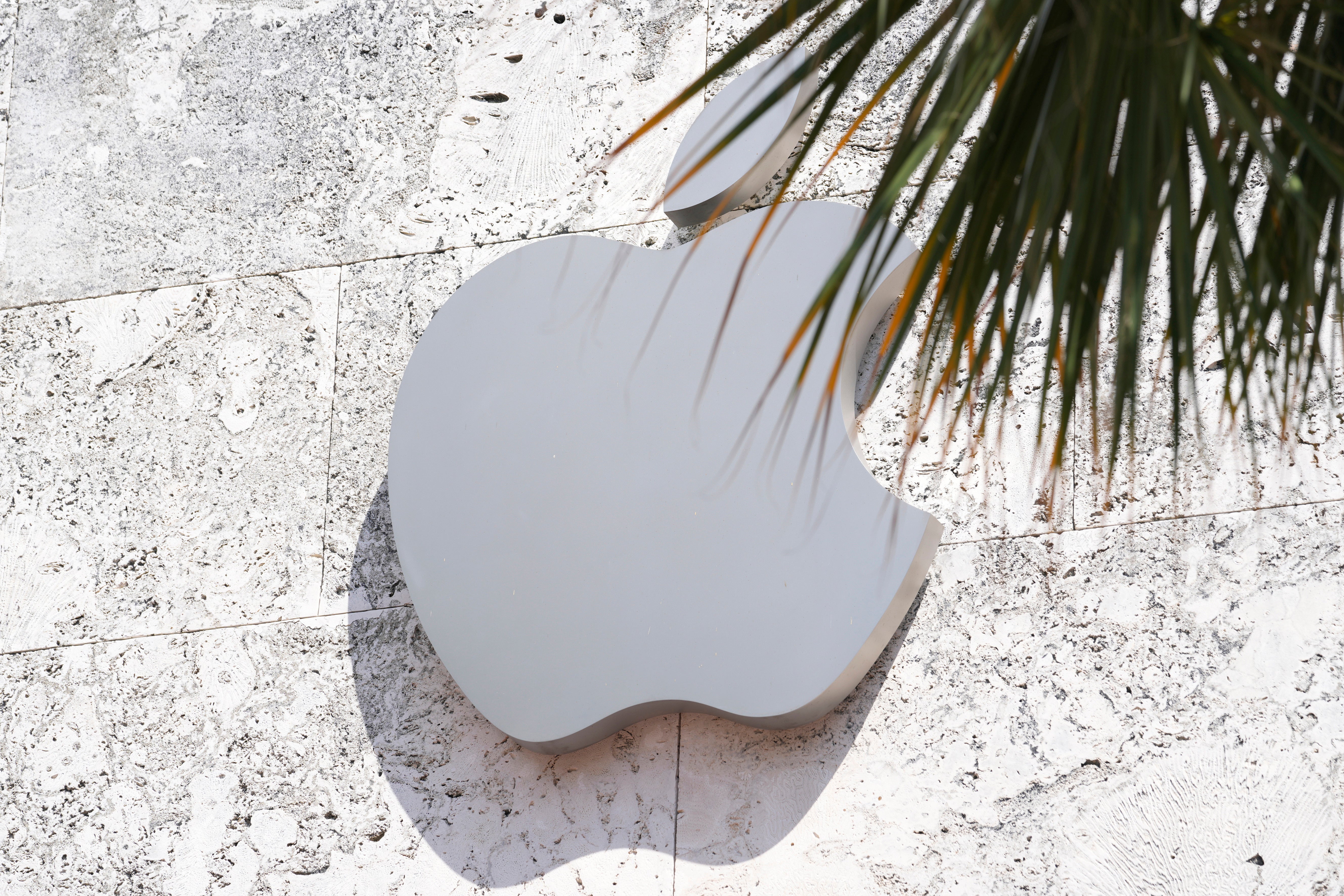Appeals court clears the way for US sales ban on two Apple Watch models to be revived Thursday
A federal appeals court has decided to revive a U.S. sales ban on Apple’s premium watches while it referees a patent dispute revolving around a sensor

Your support helps us to tell the story
From reproductive rights to climate change to Big Tech, The Independent is on the ground when the story is developing. Whether it's investigating the financials of Elon Musk's pro-Trump PAC or producing our latest documentary, 'The A Word', which shines a light on the American women fighting for reproductive rights, we know how important it is to parse out the facts from the messaging.
At such a critical moment in US history, we need reporters on the ground. Your donation allows us to keep sending journalists to speak to both sides of the story.
The Independent is trusted by Americans across the entire political spectrum. And unlike many other quality news outlets, we choose not to lock Americans out of our reporting and analysis with paywalls. We believe quality journalism should be available to everyone, paid for by those who can afford it.
Your support makes all the difference.A federal appeals court has decided to revive a U.S. sales ban on Apple's premium watches while it referees a patent dispute revolving around a sensor, raising the specter that the company will pull the devices from stores for the second time in less than a month.
The ruling issued Wednesday by the U.S. Court of Appeals in Washington comes three weeks after it blocked the ban. That temporary stay enabled Apple to renew sales of the two internet-connected watch models, the Series 9 and Ultra 2, embroiled in an intellectual-property fight with medical technology company Masimo.
The U.S. International Trade Commission in late October ruled a blood-oxygen sensor in the Apple Watch models infringed on Masimo's patents, resulting in Apple briefly ceasing sales of the Series 9 and Ultra 2 in late December before getting the short-lived reprieve from the appeals court.
Apple is still trying to persuade the federal appeals court to overturn the ITC's ruling, but Wednesday's decision means the company is no longer insulated from the U.S. sales ban.
The appeals process is expected to take at least a year, meaning Apple will be forced to stop selling its latest watch models in the U.S. through 2024 or perhaps redesign the devices in a way that complies with the ITC's ruling.
In a Monday court filing, Masimo disclosed Apple has won approval from the U.S. Customs and Border Protection on revisions that would remove the blood-oxygen sensor from the watches.
Apple didn't have any immediate comment about how it will react to the appeals court decision, which revives the U.S. sales ban on the Series 9 and Ultra 2 watches at 2 p.m. Pacific Time Thursday.
The Cupertino, California, company also could negotiate a settlement with Masimo that would clear the way for it to continue selling the Apple Watch models with the blood-oxygen sensor. But in its appeal Apple has scoffed at the notion that its watches are relying on Masimo's patented technology, making a truce unlikely.
Having to pull its two top Apple Watches from the U.S. would put a small dent in the company's annual sales of $383 billion. Although the company doesn't disclose the volume of Apple Watch sales, analyst estimate the product accounts for about $18 billion in annual revenue.
The U.S. sales ban on the Series 9 and Ultra 2 won't prevent Apple from continuing to sell its less-expensive model, called the SE, that isn't equipped with a blood-oxygen sensor. But that technology, which Apple introduced into its watch lineup in 2020, has been a key part of the company's effort to position the devices as life-saving tools to monitor users' health.
In court filings urging the appeals court to continue blocking the sales ban, Apple argued that enforcing the ITC's patent order would cause unnecessary harm to “a pioneering product made by a quintessentially American company that directly employs more than 90,000 employees" in the U.S.
Masimo argued that Apple won't be significantly harmed by the U.S. sales ban of the Apple Watch models, given most of the company's revenue comes from the iPhone. What's more, Masimo sought to portray Apple as a corporate bully engaged in the brazen theft of intellectual property widely used in hospitals and other health professionals that treat about 200 million patients annually.